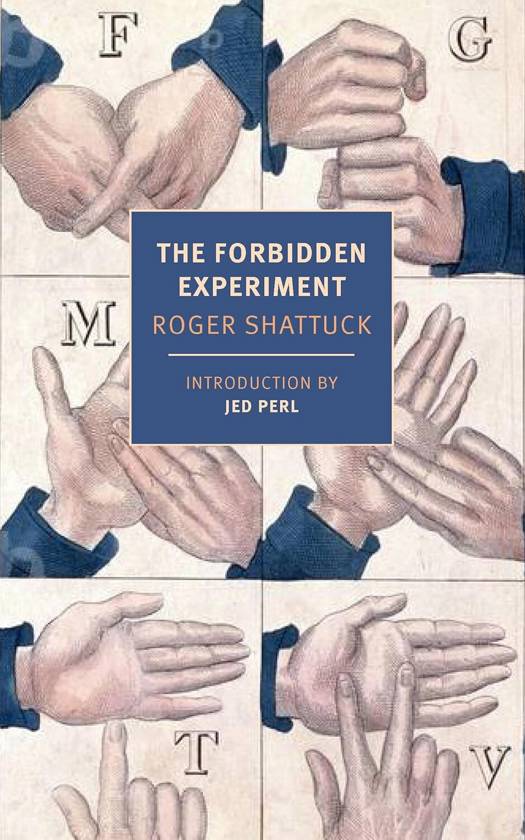
- Retrait gratuit dans votre magasin Club
- 7.000.000 titres dans notre catalogue
- Payer en toute sécurité
- Toujours un magasin près de chez vous
- Retrait gratuit dans votre magasin Club
- 7.000.0000 titres dans notre catalogue
- Payer en toute sécurité
- Toujours un magasin près de chez vous
24,95 €
+ 49 points
Format
Description
The true story of the nineteenth century's so-called "Wild Boy of Aveyron"--an abandoned French child who lived for years alone in the wilderness before being brought under the care of an innovative young physician. "Before dawn on January 9, 1800, a remarkable creature came out of the woods near the village of Saint-Sernin in southern France." So begins Roger Shattuck's book about the so-called Wild Boy of Aveyron--a child abandoned by his caretakers and captured, years later, while scavenging food from a garden. Unable to speak, he was sent to the National Institute for the Deaf in Paris, declared a hopeless case, and left to languish. One day, however, Jean Itard, a young medical student from the provinces, took notice of the boy. Itard began to spend time with him, and soon the two found ways to interact. With games and toys Itard engaged the boy's senses and imagination, developing methods of education (some of which went on to form a basis for special education and the Montessori method) that brought him out further. For a while Victor--as Itard named him--made progress, but soon it stalled. Isolated behind institutional walls, the boy lived out the rest of his life a stone's throw from the Luxembourg Gardens. The Forbidden Experiment tells the story of a tragic young man and the extraordinary doctor who tried, however imperfectly, to help him. It is a story of compassion, like the case studies of Oliver Sacks--a figure whom Itard foreshadows. It is also a story that leads Shattuck to ask deep questions about the human animal: What is language, how do we acquire it, and what do we become if we are deprived of it?
Spécifications
Parties prenantes
- Auteur(s) :
- Editeur:
Contenu
- Nombre de pages :
- 256
- Langue:
- Anglais
Caractéristiques
- EAN:
- 9781681379777
- Date de parution :
- 19-08-25
- Format:
- Livre broché
- Format numérique:
- Trade paperback (VS)
- Dimensions :
- 135 mm x 203 mm
- Poids :
- 272 g

Les avis
Nous publions uniquement les avis qui respectent les conditions requises. Consultez nos conditions pour les avis.






